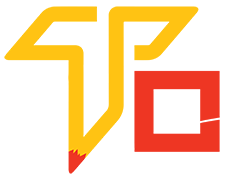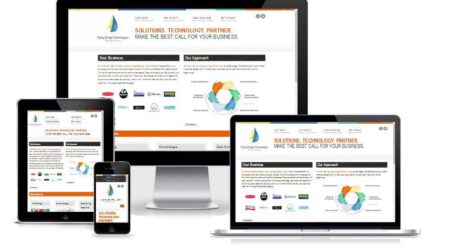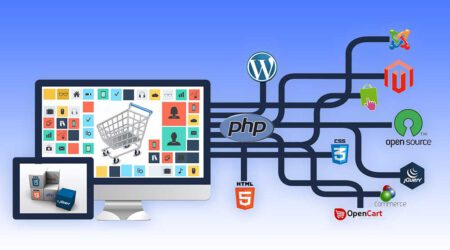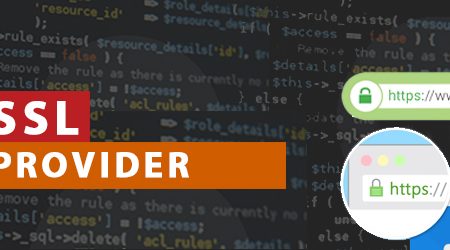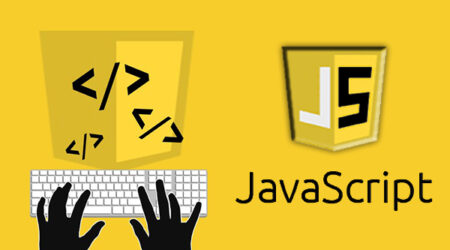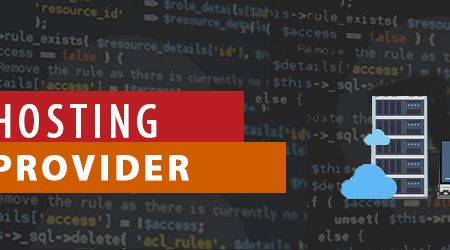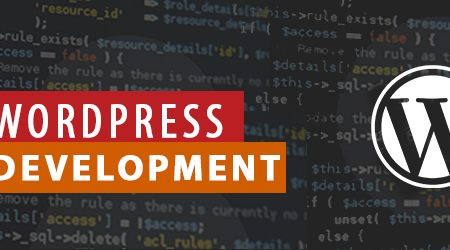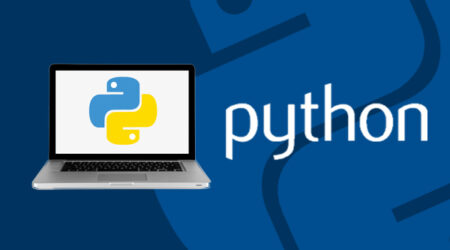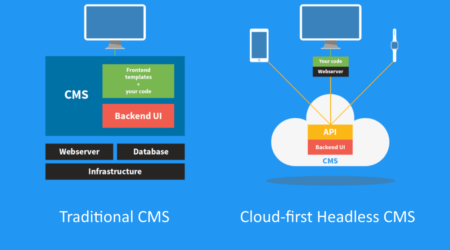PHP Development
PHP development refers to the process of creating web applications, websites, and other software solutions using the PHP programming language. PHP, which stands for “Hypertext Preprocessor,” is a popular server-side scripting language that is widely used for web development.
PHP is known for its simplicity, flexibility, and wide range of features, making it a preferred choice for building dynamic and interactive websites. It can be embedded within HTML code and executed on the server, generating dynamic content that is then sent to the client’s web browser.
Some of the key features of PHP include:
- Active Community Support
- Flexibility
- Object – Oriented
- Simplicity
- Security
- Fast
- Efficient
- Cross Platform
Top 5 PHP framework name –
1. Laravel framework
2. CodeIgniter framework
3. Symphony framework
4. Zend framework
5. Yii framework
Which framework is best Laravel or CodeIgniter?
Laravel is generally preferred for complex, modern web applications with a rich feature set and a larger developer community, while CodeIgniter is chosen for lightweight, simpler projects with a focus on performance and simplicity. The choice depends on your specific project requirements.
PHP is often a good choice for clients for several reasons:
- Cost-effective: PHP is an open-source language, which means it is free to use and distribute. This can be a cost-effective option for clients who are on a tight budget.
- Versatility: PHP is a versatile language that can be used for a wide range of web development projects, from simple websites to complex web applications. This makes it a flexible option for clients who have different needs and requirements.
- Large ecosystem of tools and frameworks: PHP has a large ecosystem of tools and frameworks that can be used to build web applications more efficiently. This can help clients save time and money during the development process.
- Large talent pool: Because PHP has been around for many years and is widely used, there are many developers who are skilled in the language. This can make it easier for clients to find qualified developers to work on their projects.
- Compatibility: PHP is compatible with many different operating systems and web servers, which means it can be used on a variety of platforms. This can make it easier for clients to deploy their applications and reach a wider audience.
Overall, PHP can be a good choice for clients who value cost-effectiveness, versatility, compatibility, and a large community of developers and tools.
Some well-known PHP-based CMS platforms include:
- WordPress: WordPress is the most widely used CMS globally. It began as a blogging platform but has evolved into a versatile CMS that powers a significant portion of websites on the internet. It offers a large number of themes, plugins, and a user-friendly interface.
- Joomla: Joomla is another popular PHP CMS known for its flexibility and extensibility. It provides a range of built-in features, such as user management, media management, and multilingual support. Joomla is suitable for various types of websites, including e-commerce, social networks, and corporate sites.
- Drupal: Drupal is a powerful PHP CMS that offers advanced functionality and flexibility. It is known for its robustness, scalability, and ability to handle complex projects. Drupal provides a modular architecture, allowing developers to customize and extend its features according to specific requirements.
- Magento: Magento is a widely used PHP CMS specifically designed for e-commerce websites. It offers a comprehensive set of features for online stores, including product management, shopping cart functionality, payment integration, and order management.
Which one is best Core technology , Framework or CMS?
It’s depends on need. If you have low budget and need solution asap then CMS is best but it will not going to give you exactly whatever do you need as well non secure solution. CMS always need to upgrade plugins and codes and sometime it require payment too. If you don’t have strict deadline and money in that case PHP (core technology) is best solution because it can give you secure and best solution as it is you wanted. Core technology never require upgradation charges or any update of codes etc.. and in this both the best solution is Framework where we can save some time and money by using code library.
